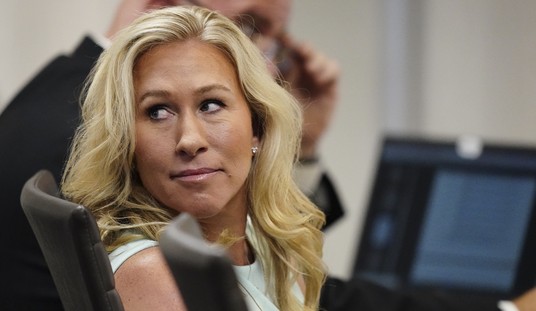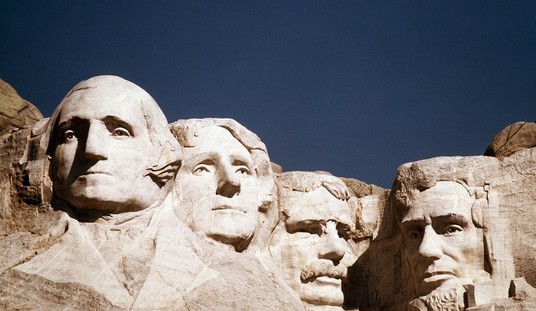While the Obama administration has conspicuously failed to produce the levels of economic growth, job creation, (specifically, “green” jobs), deficit reduction, bureaucratic transparency, and etcetera that we were initially promised, there is at least one thing they haven’t failed to supply in spades. The grand effect of ObamaCare, Dodd-Frank, the EPA, and President Obama’s other power-tripping bureaucratic extensions still writing new rules and regulations on the regular is the massive imposition of uncertainty on the private sector. The more variables there are, in this case via taxes and red tape and compliance costs, the less likely people are to take the risks that create jobs and grow businesses both large and small. It’s no good preparing for the future when you’ve no idea what the future is going to hold.
Another big impediment to private-sector growth at the moment is the uncertainty of what the upcoming “fiscal cliff” is going to look like — Congress and the administration haven’t been able to quite figure that out yet, and they’re waiting until the lame-duck session to sort it all out. This eleventh-hour strategy isn’t just a problem for the private sector, however; as Defense Secretary Leon Panetta pointed out last week, the instability of the sequestration cuts’ fate means that he isn’t being afforded much time to plan how these are going to hit his department, which is kind of a big deal in terms of national security.
What’s more, Bloomberg reports, it looks like individual states are waiting to see how the fiscal cliff will affect them, which is producing a lot of uncertainty for local governments:
If Congress doesn’t agree on how to reduce the federal deficit, states may lose funding and jobs when $600 billion in automatic tax increases and spending cuts take effect in January, said Ganeriwala, 56, who will head the [National Association of State Treasurers] next year. That may further hinder progress for governments that cut jobs as tax revenue fell. The number of public positions in 2011 shrank by 1.3 percent, about 280,000 positions, according to data from the U.S. Department of Commerce. More than half those positions were from state and city administrations.
States already are confronting the “stupidity factor” of Congress’s waiting until the last minute to act, said Chipman Flowers Jr., the Delaware treasurer. …
Besides the potential impact of federal deficit reduction and uncertain prospects for economic growth, states face increasing costs for items such as infrastructure and health care, Urahn said.
I’m all about reining in the federal budget, reducing the avenues of federal-state entanglement, and increasing state sovereignty, but this relentless game of fiscal chicken isn’t doing anybody any favors. Why should the federal government getting itself into such a pickle have to implicate the state governments so deeply, too? And heck, while we’re on the subject, I’m never one to miss an opportunity to argue for more federalism, and less federal government — I guess it could just be some big cosmic coincidence that red states are lately tending to fare better than blue states in terms of both income growth and unemployment, right? Somebody remind me why Democrats are so convinced hiking taxes will lead to economic growth, again?







Join the conversation as a VIP Member